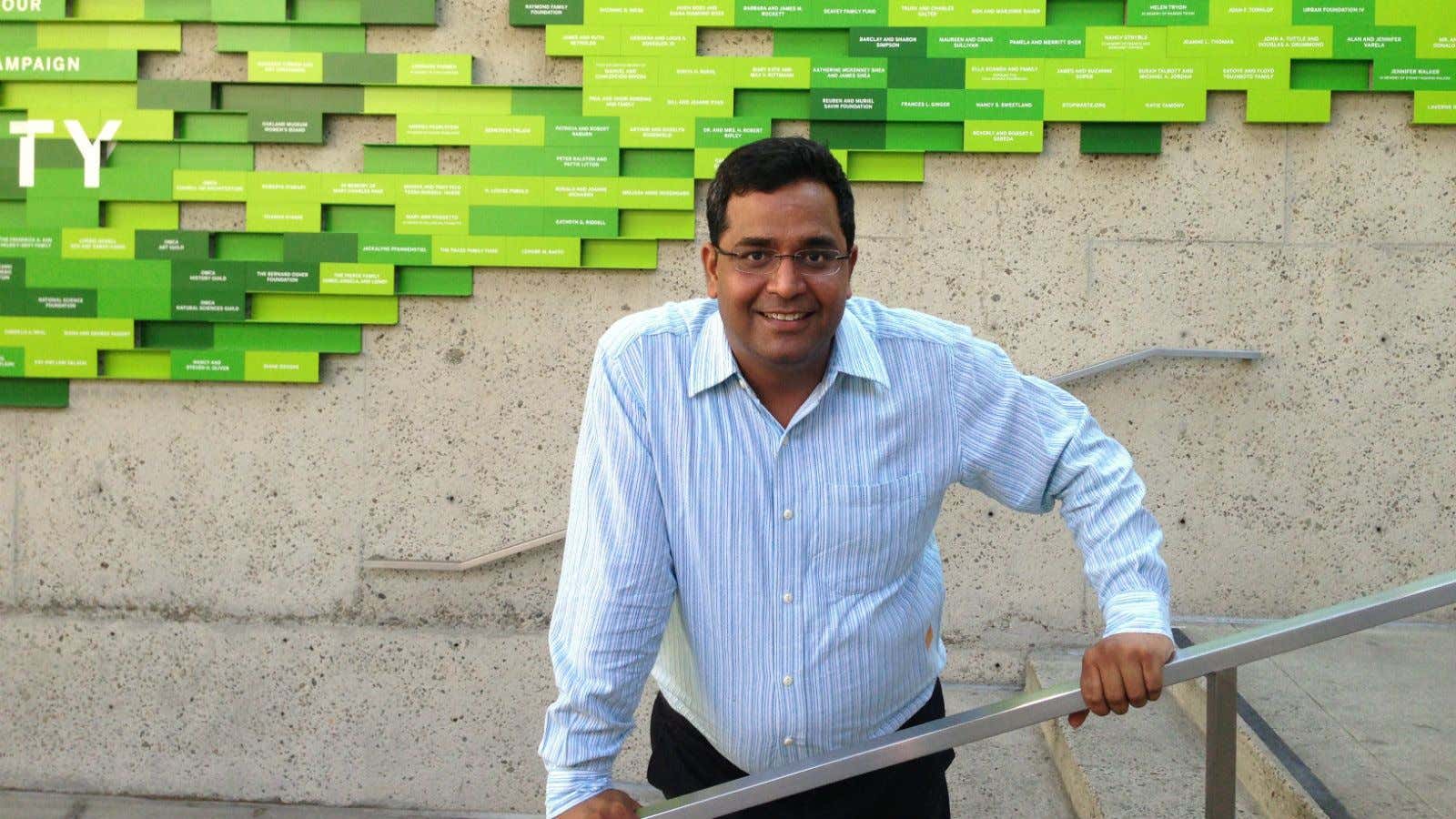For almost a week now, Vijay Shekhar Sharma and Paytm, his $5-billion mobile payment and e-commerce company, have been riding high on the back of the Narendra Modi government’s decision to replace some currency denominations.
After all, Paytm was among the earliest entrants in the Indian mobile payment sector and a government decision to make the Rs500 and Rs1,000 notes—which form 86% of the currency in circulation by value—invalid meant that the Delhi-based firm’s platform had emerged as one of the best alternative modes of payment.
Yet, less than a week into the demonetisation exercise, Paytm is in hot water. On Nov. 13, a commercial it had launched following the massive monetary revamp in India was alleged to be hurtful to the millions of Indians waiting for hours in long queues to get some usable cash in hand.
With the tagline Drama bandh karo… Paytm karo (Stop being melodramatic, use Paytm), the video showed a house-help asking her boss to stop dramatising the situation and instead use Paytm to pay her.
The video evoked howls of protests from a section of social media users.
On Nov. 14, following such criticism, the company launched an “upgraded” version of the commercial, which dropped the part that suggested that those expressing concern over the hardships faced by people in the queues were being melodramatic.
Meanwhile, there were also those who came out in Paytm’s support.
Another section was critical of Paytm’s decision to “replace” the commercial, dubbing such a move “capitulation.”
Paytm declined to comment on the matter. The commercial had come hours after Paytm touched five million transactions a day. In fact, around 24 hours after Modi made the announcement, Paytm saw a staggering 435% rise in its overall traffic.
Last year, the $7 billion e-commerce firm Snapdeal came under threat from right-wing nationalists and trolls after its brand ambassador, film star Aamir Khan, spoke about his wife’s fears over growing intolerance in India. Immediately after Khan’s statement, they, allegedly with a tacit nod from the Modi government, took to Twitter and other social media platforms to express their outrage. Soon, Snapdeal’s ratings on Google Play Store took a dive as around 85,000 users reportedly uninstalled its mobile app.
The company had to publicly distance itself from Khan’s views. Later, it did not renew its contract with the Bollywood actor.
